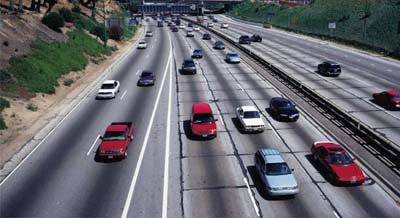The national average for a gallon of gas dropped four cents the week leading to Aug. 24, despite growing gas demand. However, the price of oil has declined several dollars per barrel and is holding steady below $80, contributing to lower pump prices.
As Labor Day approaches, gas demand and volatile oil prices, particularly during an active hurricane season, could limit how much lower prices descend in the weeks ahead.
“Although the national average did a U-turn this week, the road ahead could lead to higher prices,” said Andrew Gross, AAA spokesperson. “Ongoing concerns regarding potential storm activity could hinder falling pump prices this fall.”
According to new data from the Energy Information Administration (EIA), gas demand jumped from 8.85 to 8.91 million b/d over the same week. Meanwhile, total domestic gasoline stocks increased slightly from 216.2 to 217.6 million bbl. Although demand increased, growing stock levels contributed to pushing prices lower.
The Aug. 24 national average of $3.83 is 24 cents more than a month ago but five cents less than a year ago.
Since Aug. 17, these 10 states have seen the largest decreases in their averages: Indiana (-13 cents), Iowa (-11 cents), Florida (-10 cents), Wisconsin (-10 cents), Michigan (-10 cents), Ohio (-9 cents), Minnesota (-9 cents), Kentucky (-7 cents), Nebraska (-6 cents) and Delaware (-6 cents).
The nation’s top 10 most expensive markets: California ($5.26), Washington ($5.06), Hawaii ($4.78), Oregon ($4.72), Alaska ($4.55), Nevada ($4.47), Utah ($4.22), Arizona ($4.25), Idaho ($4.12) and Illinois ($4.11).
Source: AAA










Abby Andrews